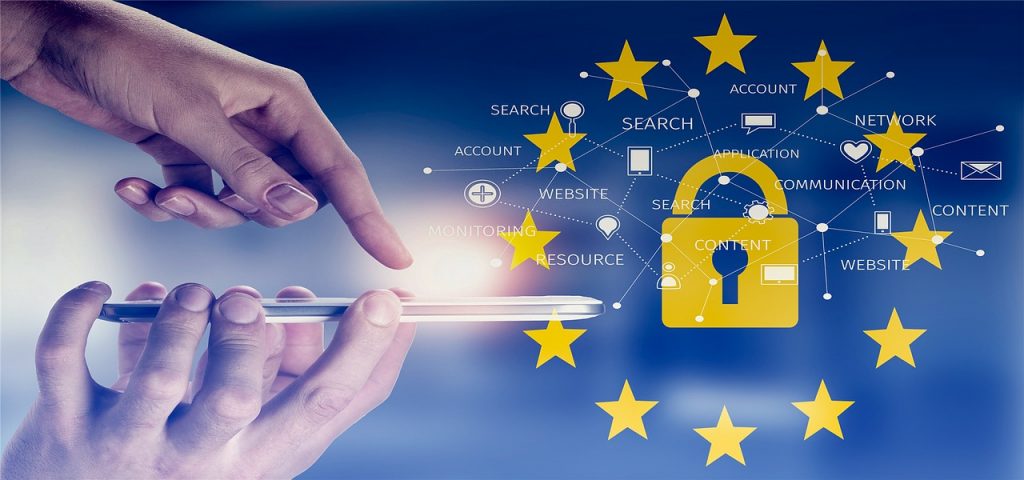Why Digital Privacy Is More Important Than Ever
Digital privacy has become a valuable currency in recent years, however, one thing has made protecting it more important than ever.
This article is more than 2 years old

We all now live in an age where privacy has effectively become a valuable currency. Data tracking tools and GPS technologies aid in the curation of every individual’s digital (and in some cases physical) footprint. Thus, in this digital world protecting personal privacy is inherently becoming harder and harder. This is problematic for a laundry list of reasons, that frankly, could take days to fully iron out. However, due to a recent Supreme Court ruling, one more thing can now be added to the long list of personal privacy pitfalls. Following the dissolution of Roe vs. Wade, women have become more concerned than ever regarding how their digital footprint may be exploited in this post-Roe world.
Following the Supreme Court’s ruling on Roe vs. Wade, many women have taken steps to delete any digital activities pertaining to their menstrual cycles and reproductive health in an effort to safeguard themselves against potential future exploitation. Nathan Wessler, who works as the deputy project director of the Speech, Privacy and Technology Project at the American Civil Liberties Union, explained why these fears have erupted. “We live in a digital age when our activities, our movements, our transactions and our communications leave a digital trail. And it is extraordinarily hard to eliminate all of the digital trails that might be of interest to law enforcement, “ emphasized Wessler.
Moreover, Wessler noted that states banning abortion are more likely to prosecute women that have been found to have undergone the procedure. “We are likely to see in states that are banning abortion, really invasive investigations into people who are seeking medical care,” asserted Wessler. He also pointed to potential collateral fallout as a result of these potential prosecuting practices. “A woman who shows up in an emergency room after a miscarriage may suddenly be subject to police digging through her every digital communication record to figure out whether it’s a miscarriage or not,” highlighted Wessler. Situations like this also raise concerns as to how the overturning of Roe vs. Wade will affect HIPPA laws.
Another caveat that could put women at risk in this post-Roe world is the presence of bounty hunters. There will always be people looking to make money in any way they can. Private investigators may purposely seek out and track women that they suspect are looking to have an abortion in exchange for cash payments and rewards. For instance, NPR reported that both Texas and Oklahoma have passed laws that allow civilians to enforce abortion bans by filing civil suits. If the suits are validated, the filer could receive up to $10,000 in award money. Both the aforementioned miscarriage circumstance and bounty hunter scenarios put all women, not just those seeking abortions, at risk of privacy exploitation.
Regardless of any one person’s political perspective or stance on abortion, the real concern here is that a post-Roe world enables outright violation and exploitation of a women’s personal privacy. Not one single individual should have that kind of power over another, regardless of the reason. A post-Roe world in a digital age is a dangerous one, and it’s sad to think that because of one ruling women across the United States will be subject to the collateral damage that will inherently accompany a ruling such as that.





